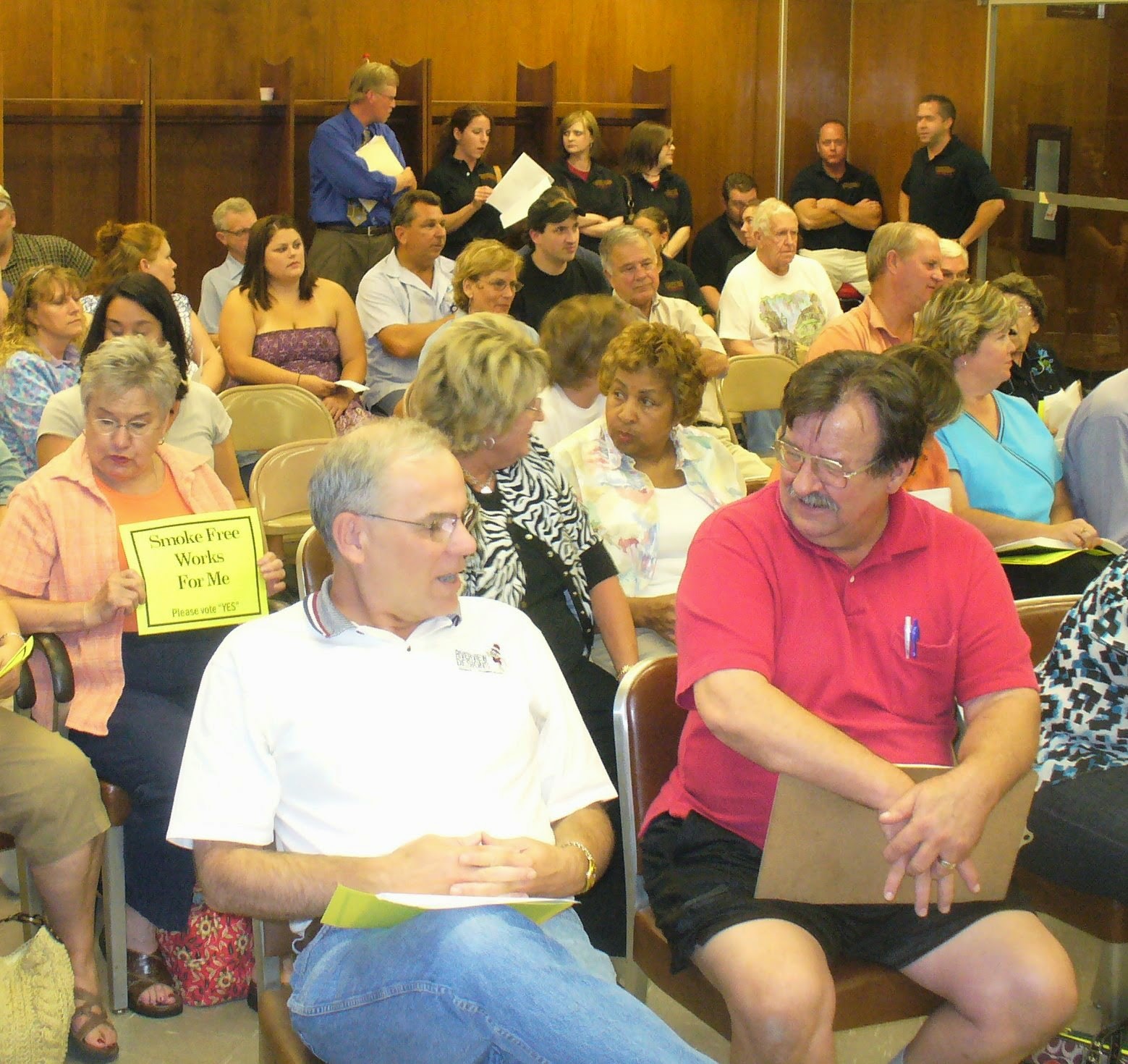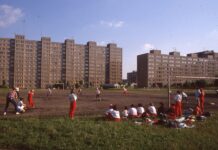
Last week the Green Mouse received a call from a resident of the New Albany Housing Authority. She’s had heart surgery in the past, and grapples with persistent health worries.
At some point after breakfast she noticed the smell of natural gas. Worried, at 10:00 a.m. she called NAHA’s maintenance department to report the odor. Two hours passed without a return call or visit; she went outside (fortunately it was a temperate weather day) and after conferring with her son, called the fire department.
Finally around 1:00 p.m., three hours later, maintenance arrived and determined there was a gas leak in the vicinity of her water heater.
Apparently the employee answering the phone that morning in maintenance decided a potential gas leak wasn’t important and could wait until after lunch.
Referencing the NBC News report linked here, the Mouse can only ponder whether the installation of carbon monoxide detectors is something David Duggins might contemplate for his fiefdom (as a side note, all of NAHA’s upper managers were out of town at a meeting during the incident the Mouse recounts).
Maybe that’s an insider job — WINK WINK — for a Gahan-appointed NAHA board member, sycophant and frequent donor Terry Ginkins. Those 2019 mandatory tithes are coming due, anyway.
But at the very least, perhaps a tad more training for the folks answering the phone?
Carbon monoxide is killing public housing residents, but HUD doesn’t require detectors, by Suzy Khimm and Laura Strickler (NBC News)
Residents of a South Carolina public housing complex are demanding answers after two of their neighbors died from the gas.
… None of the apartments had carbon monoxide detectors, local authorities found. In fact, public housing is not required to have them under federal law: While all rental housing subsidized by the U.S. Department of Housing and Urban Development must have smoke detectors, the federal government does not have the same requirement for carbon monoxide detectors.
NBC News has found 11 deaths from carbon monoxide poisoning in HUD housing since 2003, based on local news reports.
Public housing residents are particularly vulnerable to carbon monoxide. High levels of the gas are more likely to harm the very young and the very old, and most of the 4.6 million families receiving HUD rental assistance are elderly, disabled or families with young children. Acute exposure to the gas can cause permanent brain damage, among other long-term health problems, and at high levels it can kill in minutes.











